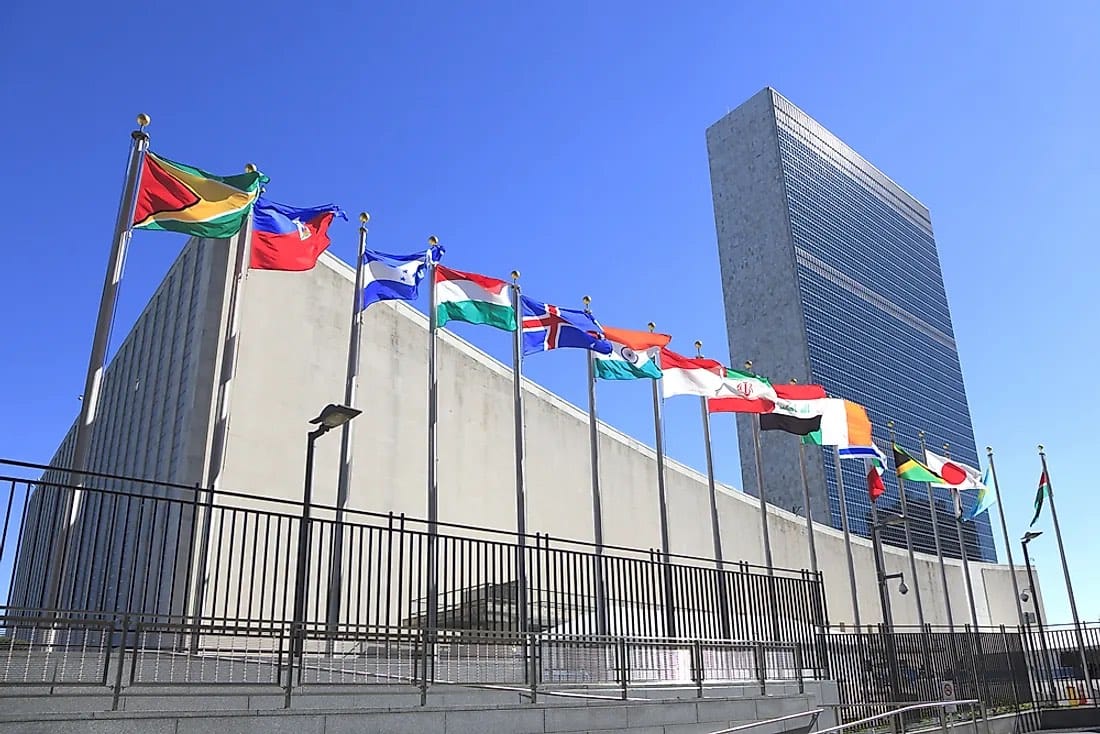UN Approves Controversial Global Cybercrime Treaty Amidst Human Rights Concerns
The UN approves its first global cybercrime treaty, raising concerns over human rights abuses and potential global surveillance under cybersecurity.
After three years of intense negotiations, the United Nations has approved a groundbreaking treaty aimed at combating cybercrime on a global scale. The "United Nations Convention Against Cybercrime" was adopted by consensus and is set to be formally ratified by the UN General Assembly later this year. This treaty marks the UN's first binding international agreement on cybercrime, signaling a significant move toward a coordinated global response to the growing threat of cybercrime.
The treaty's adoption is seen as a milestone in international law, particularly in the fight against crimes such as online child sexual abuse, money laundering, and cyber-enabled fraud. However, the treaty has also drawn substantial criticism from human rights organizations, technology companies, and digital rights advocates who argue that it may lead to widespread abuses.
A Controversial Journey
The treaty's path to approval has been fraught with controversy. Originally proposed by Russia in 2017, the treaty was seen by many Western nations as a potential tool for authoritarian governments to legitimize repressive practices. Despite initial opposition, the UN established an ad hoc committee in 2019 to draft the convention, which culminated in the current text after seven rounds of negotiations.
While the treaty is designed to enhance international cooperation in tackling cybercrime, critics argue that its scope is too broad. The definition of cybercrime under the treaty encompasses a wide range of activities that could be criminalized, potentially including acts of political dissent, investigative journalism, or online activism. This has raised alarms that the treaty could be used by repressive governments to stifle free speech and monitor dissent.
Human Rights Concerns
Human rights organizations have been vocal in their concerns about the treaty. According to a joint statement from over 100 NGOs, the treaty lacks sufficient safeguards to prevent abuses. They argue that the provisions for cross-border data collection and law enforcement cooperation could lead to violations of privacy and other fundamental rights, particularly in countries with poor human rights records.
"This treaty could become a global surveillance tool, giving governments the power to monitor and suppress dissent under the guise of fighting cybercrime," warned Tirana Hassan, executive director of Human Rights Watch.
The technology sector has also expressed reservations. Major tech companies, including Microsoft, have joined forces with civil society groups in calling for a more balanced approach. They argue that the treaty's current provisions could stifle innovation and hinder efforts to enhance cybersecurity globally.
The Road Ahead
Despite the criticisms, the treaty's proponents argue that it is a necessary step in addressing the rapidly evolving threat landscape posed by cybercrime. South Africa's delegate to the UN hailed the treaty as a "landmark convention" that will provide much-needed support to countries with underdeveloped cyber infrastructures.
The treaty will come into force once it has been ratified by 40 member states, a process that could take several years. However, the ongoing debate over the treaty's implications for human rights and digital freedoms suggests that its implementation may not be straightforward.
As the treaty moves toward ratification, the UN and member states will need to address these concerns to ensure that the fight against cybercrime does not come at the expense of fundamental rights.






